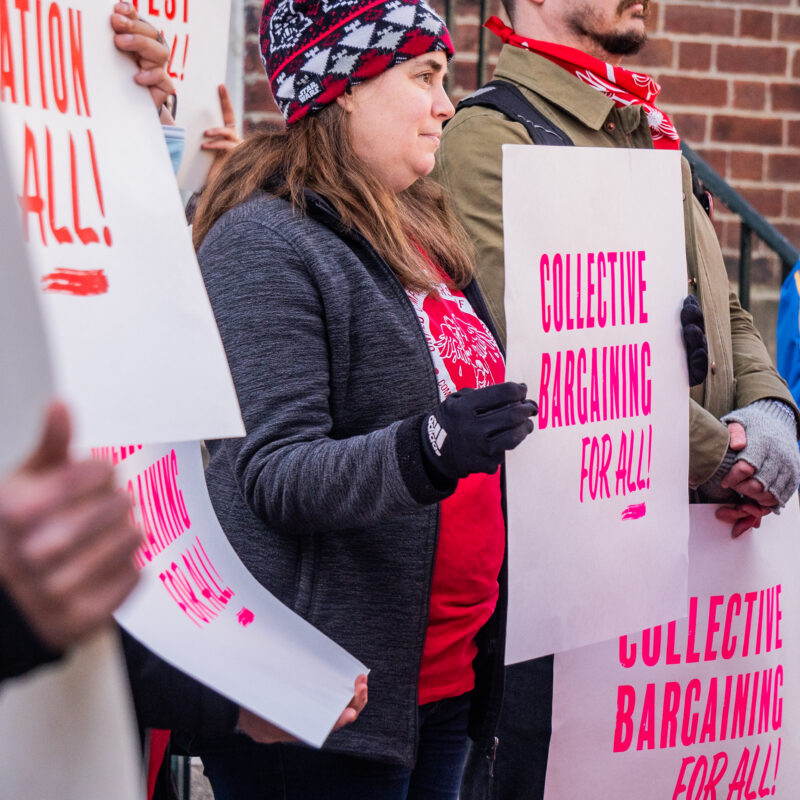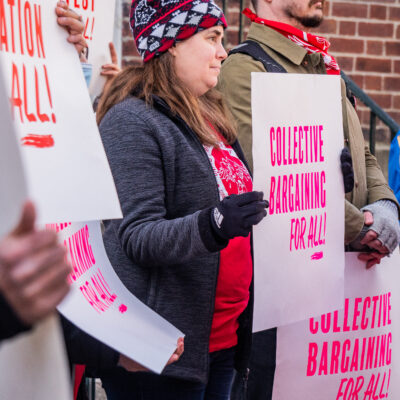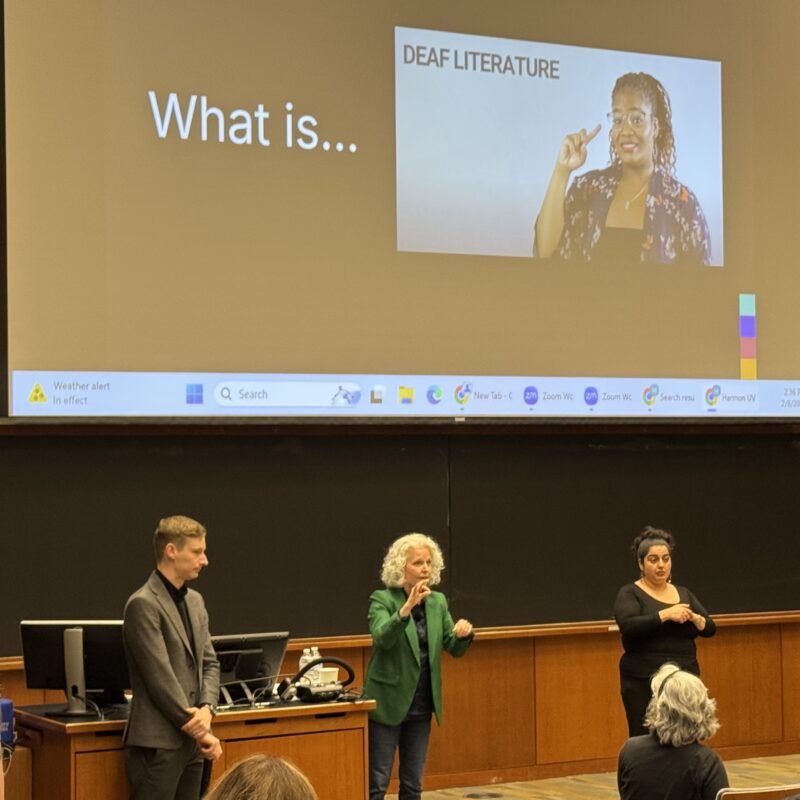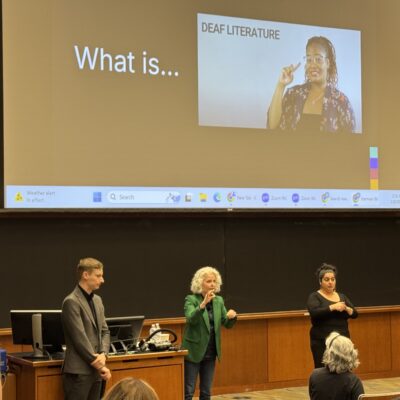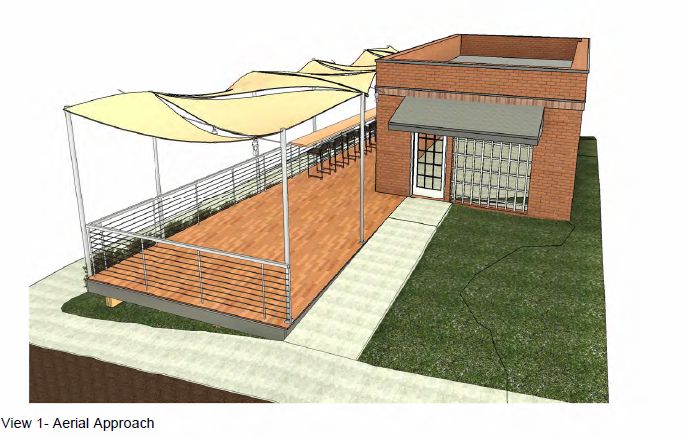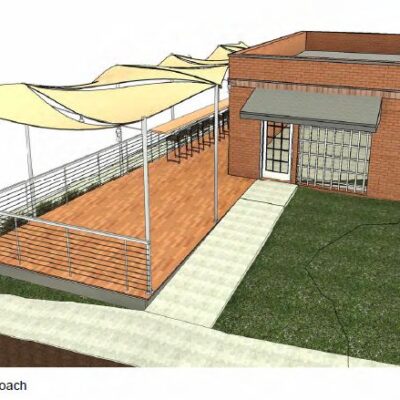City responds to proposed land-use changes
In May and June, the consulting group hired to rework the city’s land-use policy received more than 2,000 comments, through a variety of mediums, on its most recent draft of the city’s Future Land Use Map, a document that would guide the city’s rezoning process in the coming months and years.
The submitted responses to the draft map capture a divided community.
“Most people seem to agree that affordability is an issue, but there are varying opinions on how to best address this issue and what levels of housing development and intensity may be appropriate and where,” says Jennifer Koch, project manager for the Cville Plans Together initiative.
“I do not like the idea of changing the tenor of neighborhoods,” wrote one Lewis Mountain resident, aged 55-64, who did not support the planners’ vision. “I do not want low-income housing in my neighborhood.”
But one of that person’s younger neighbors did support the idea of increasing residential density, especially in neighborhoods where single-family homes are the dominant housing type. “Charlottesville needs to place a significant focus on not only allowing but encouraging housing density, especially through the construction of more multifamily and affordable housing,” the neighbor wrote.
The consulting firm, Rhodeside & Harwell, received 498 emails through an organized effort by the Charlottesville Low-Income Housing Coalition to encourage adoption of a Comprehensive Plan that encourages development of apartment buildings. Meanwhile, a new group called Citizens for Responsible Planning submitted a petition with 401 signatures asking that the process be delayed for another six months.
In a report published last week, Rhodeside & Harwell attempted to tease some key themes out of the data.
According to RHI, 46 percent of respondents called for more residential density in “historically exclusionary, majority-white communities.” Other general themes with high levels of support were 43 percent of commenters who want even more density in “general residential” areas and the 46 percent who want a plan that stops “displacement of Black and low-wealth residents by protecting low-wealth and majority-Black communities.”
Some Charlottesville residents are skeptical of the plan, however. Fifteen percent requested more time, 14 percent had concerns over the effects larger residential densities would have on infrastructure, and 14 percent were suspicious about what developers really want from the plan.
Cville Plans Together also cataloged 429 responses submitted through a multiple-choice feedback form.
The poll’s fifth question asked, “Do you think this Future Land Use Map can lead to an increase in housing options and housing affordability throughout the city?” A third of respondents answered “Yes Completely” or “Yes Mostly,” whereas 39 percent responded “Mostly Not” or “Not at All.” Another 18 percent responded “Unsure/Maybe” and 11 percent left the response blank.
An additional 225 people left comments on an interactive version of the map. Many took this opportunity to comment on the placement of medium-intensity residential plots in areas currently set aside for low-intensity development. A section of the Greenbrier neighborhood between Keith Valley Road and Meadowbrook Heights Road is designated as Neighborhood Mixed-Use Node on the new map, which would allow up to five stories with a mixture of uses.
“This is among the most mean-spirited of your proposals,” reads one of about two dozen comments in this area.
“Currently, Greenbrier feels very isolated,” reads a different comment. “Can imagine kids in this neighborhood getting to walk to do something in this mixed-use area, or people in the neighborhood getting to grab something easily from the local market.”
On Tuesday, June 29, the Charlottesville Planning Commission met for a work session to discuss the community’s input. That meeting ended too late for this issue, but watch this space for more coverage of the Comprehensive Plan process.—Sean Tubbs
“Racist!”
—an unidentified speaker, interrupting a congressional hearing as Congressman Bob Good explained why he feels Virginia high schools should not teach critical race theory
In brief
Suspect arrested after Madison Hall break-in
On Thursday morning, a break-in was reported at UVA’s Madison Hall, which houses the Office of the President and the Office of Major Events. Two days later, a Charlottesville resident was arrested and charged in connection with the crime. There have been five other break-ins off Grounds over the past week, according to UVA police. They have occurred on University Circle/Court, Grady Avenue, Virginia Avenue, and Preston Place. UPD has not said whether the break-ins are connected.
Nelson will celebrate pipeline demise
You might have July 4 circled on your calendar, but in Nelson County, they’ll be celebrating on July 5, too. Earlier this month, the county’s Board of Supervisors resolved to officially recognize the one-year anniversary of the cancellation of the Atlantic Coast Pipeline, a 600-mile natural gas pipeline that would have bisected the scenic county. “We should celebrate that we all got together to stand up to something that didn’t make sense,” said Supervisor Skip Barton at the meeting, reports the Nelson County Times.

Hoos fall in Omaha
The Cavaliers ended their College World Series run on Thursday, falling 6-2 to the No. 2 Texas Longhorns. The Hoos started the season 4-12 in the ACC, but put together an improbable postseason run that featured a string of elimination wins, a no-hitter, and a large delivery of Dippin’ Dots, thanks to a viral interview from closer Stephen Schoch. Though it ended in defeat, this baseball season won’t be forgotten by the UVA faithful any time soon.

